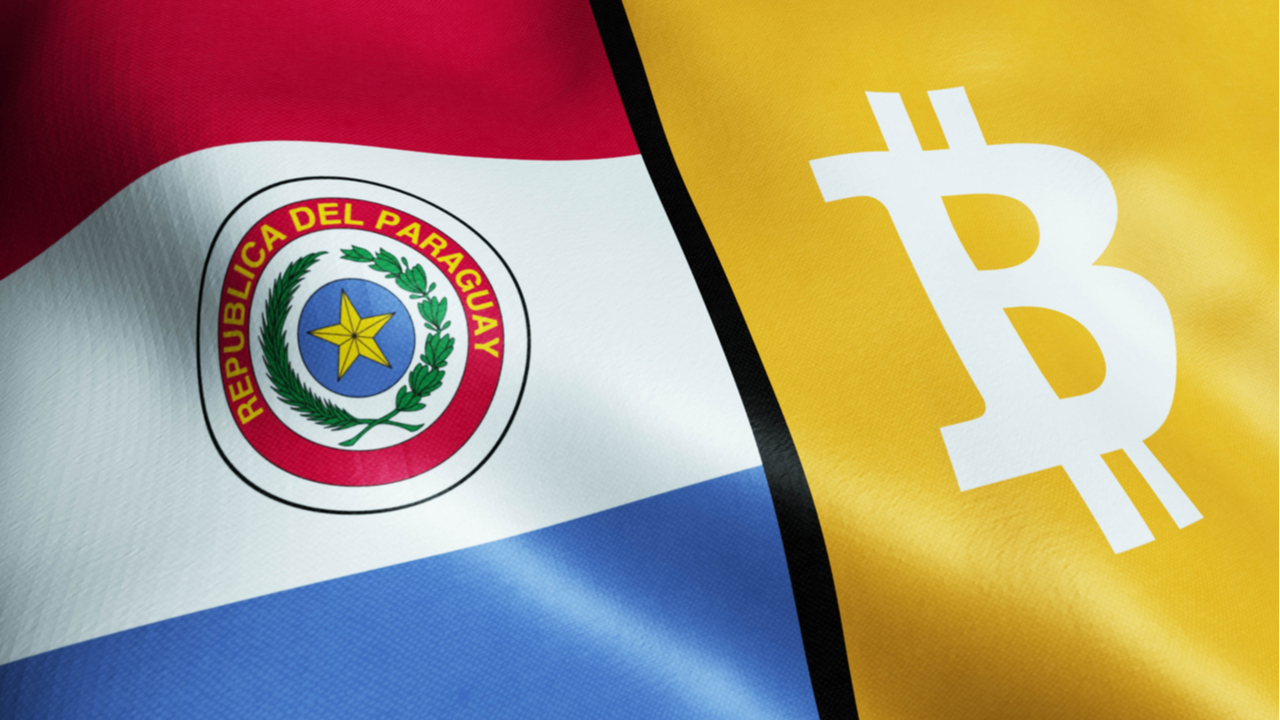by Sergio Goschenko
The President of Paraguay, Mario Abdo has issued an executive veto on a recently approved cryptocurrency bill. Abdo’s veto decree states cryptocurrency mining is an “energy-intensive” and a low-value-added activity. The bill will now be returned to Congress to be approved again or to be rejected entirely.
The President of Paraguay, Mario Abdo, has exerted an executive veto on the recently approved cryptocurrency bill, after more than a year of discussions in the Paraguayan Congress. The project, which was introduced in July 2021, aims to clarify the rules by which cryptocurrency mining operators and other virtual asset service providers must abide on Paraguayan soil.
The proposed bill established that cryptocurrency miners should pay a power fee 15% higher than what is paid by other similar industries. However, Adbo’s veto order establishes that this activity is “characterized by its high consumption of electrical energy, with intensive use of capital and little use of labor.” The executive order presents a bleak picture of the activity in Paraguay, predicting that if there is significant growth in this industry, the country might be pushed to import energy at some time in the future.
This action might slow the growth of the cryptocurrency and bitcoin mining industry in the country. Some companies had already been examining a possible entrance into the country since the Chinese mining veto that occurred last year.
The veto answers some concerns presented by the national power administration of the country in August. At that time, it stopped supplying power to some miners due to the significant losses it was facing. This was the consequence of the power theft and power metering irregularities perpetrated by some mining companies. Officers of the institution stated it had registered losses of more than $400,000 monthly, declaring their opposition to the cost structure presented in the now vetoed bill, and their support for a partial veto move on it.
The future of the cryptocurrency bill is now uncertain, as it will need to be sent to Congress for the representatives to accept this move or try to pass the crypto bill again. This would not be the first time that a president exerts his veto rights to stop a cryptocurrency-related bill in Latin America, as president Laurentino Cortizo vetoed a similar initiative in Panam last June, citing cryptocurrency-related money-laundering concerns as the cause.
What do you think about the veto exerted by the President of Paraguay on the proposed cryptocurrency bill? Tell us in the comments section below.
Sergio is a cryptocurrency journalist based in Venezuela. He describes himself as late to the game, entering the cryptosphere when the price rise happened during December 2017. Having a computer engineering background, living in Venezuela, and being impacted by the cryptocurrency boom at a social level, he offers a different point of view about crypto success and how it helps the unbanked and underserved.
Image Credits: Shutterstock, Pixabay, Wiki Commons
Disclaimer: This article is for informational purposes only. It is not a direct offer or solicitation of an offer to buy or sell, or a recommendation or endorsement of any products, services, or companies. Bitcoin.com does not provide investment, tax, legal, or accounting advice. Neither the company nor the author is responsible, directly or indirectly, for any damage or loss caused or alleged to be caused by or in connection with the use of or reliance on any content, goods or services mentioned in this article.
Central Bank of Brazil Confirms It Will Run a Pilot Test for Its CBDC This Year
The Central Bank of Brazil has confirmed that the institution will run a pilot test regarding the implementation of its proposed central bank digital currency (CBDC), the digital real. Roberto Campos Neto, president of the bank, also stated that this … read more.
Central Bank of Brazil Confirms It Will Run a Pilot Test for Its CBDC This Year
The Central Bank of Brazil has confirmed that the institution will run a pilot test regarding the implementation of its proposed central bank digital currency (CBDC), the digital real. Roberto Campos Neto, president of the bank, also stated that this … read more.
Check all the news here

